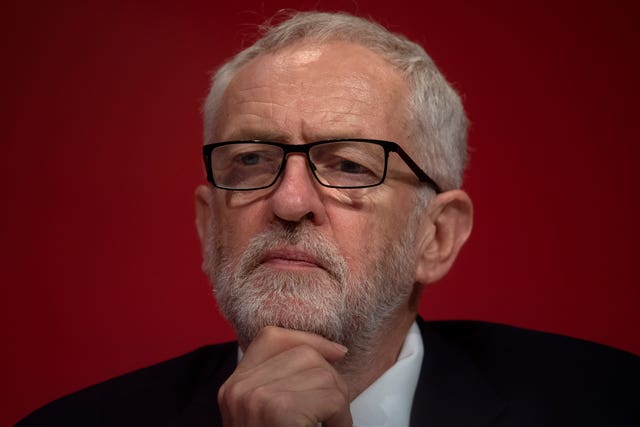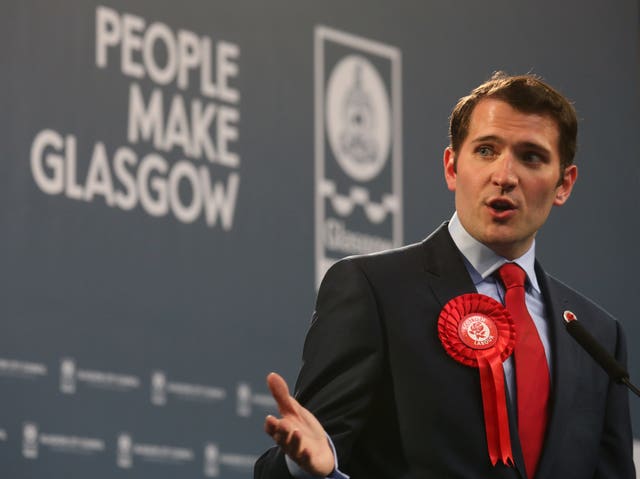
Labour’s “far-left” policy of abolishing private schools has been branded a “worrying proposition” by a senior education figure.
Matthew Adshead, vice-chair of the Independent Schools Association (ISA), called the pledge – which Labour members approved at its party conference in Brighton – “incredulous”.
Shadow education secretary Angela Rayner has vowed to “integrate” all private schools into the state sector if Labour comes to power.
Delegates approved a motion on Sunday which said such a commitment should be included in the party’s next general election manifesto.
This would include the withdrawal of charitable status and “all other public subsidies and tax privileges”, including business rate exemption.
Properties and investment held by private schools would be “redistributed democratically and fairly” across the country’s educational institutions as part of the reforms.
Mr Adshead, a private school headmaster, told BBC Radio 4’s Today programme: “For me it seems quite incredulous that in 2019 I’m discussing whether my private land will be seized and redistributed. It doesn’t feel like I’m living in the UK anymore.
“I was a state educated young man who worked hard, saw an opportunity to get into education and business by becoming a school proprietor, so my life’s work to create a family-run loving prep school, where the children, parents and staff are completely happy, would then be seized and redistributed.”
He said he hoped the commitment to abolishing private schools altogether was “a starting position from the far-left” if there was a “negotiation further down the line” about the future of the education system, rather than a set-in-stone policy for the next Labour government.

The Derbyshire-based head, speaking on behalf of the ISA which represents 470 private schools in the UK, added: “It seems hard to fathom for me. I think it is a worrying proposition that the state can be in a position to decide for parents and decide on their choices.”
Labour MP Paul Sweeney, a supporter of the Abolish Eton campaign, said it was right to take “the grubby pound” out of the education system, however.
“It is a matter of fact that private schools perpetuate structural inequality in our society and we can see that in the number of top professions and leadership positions in our country that are dominated disproportionately by people who went to private schools,” said the Glasgow North East MP.
The leaders of the two major political parties, Boris Johnson of the Conservative Party and Jeremy Corbyn of Labour, both attended independent schools.
Mr Sweeney, speaking to the BBC, added: “We should take the grubby pound sign out of British education altogether and open it up to everyone to have access because at the moment it is not available to 93% of people.”

Shadow chancellor John McDonnell suggested that scrapping private school fees could boost the economy.
He told BBC Radio 5Live: “What I think we’ll find is that for the large number of people who would be, at the moment, spending money on private education, that money actually will go into the wider economy and stimulate the economy.”
The motion approved by conference included the caveat that universities would have to admit the same proportion of private school students as in the wider population, currently 7%.
Any endowments – money promised to fee-paying schools in people’s final wills – would also be redistributed as part of the plans.


Comments: Our rules
We want our comments to be a lively and valuable part of our community - a place where readers can debate and engage with the most important local issues. The ability to comment on our stories is a privilege, not a right, however, and that privilege may be withdrawn if it is abused or misused.
Please report any comments that break our rules.
Read the rules hereLast Updated:
Report this comment Cancel